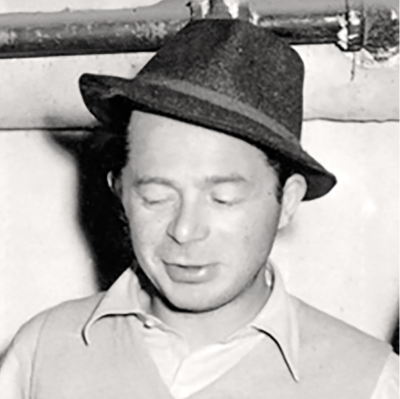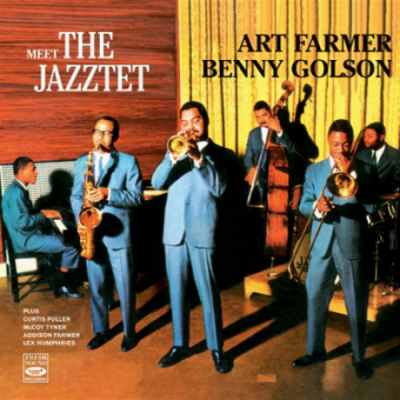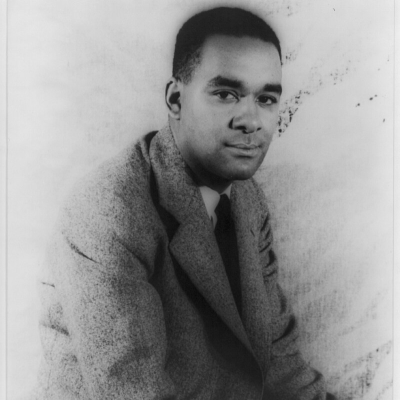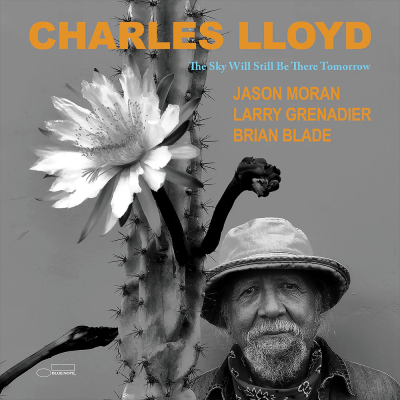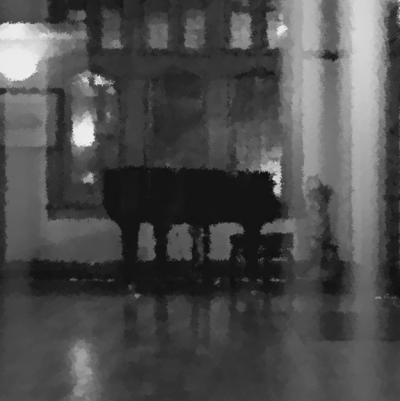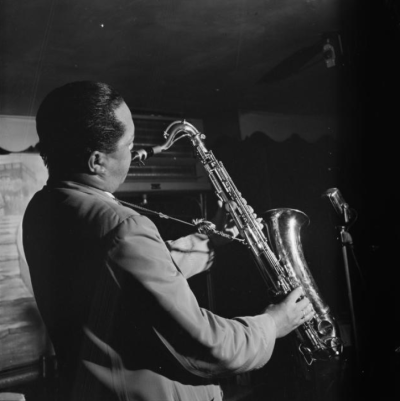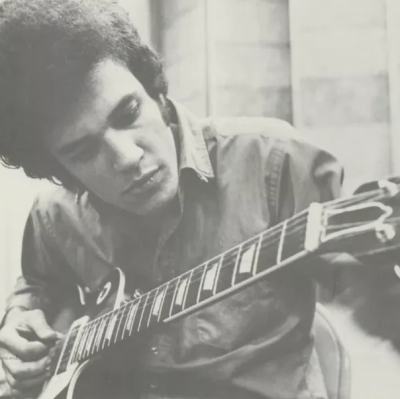Zach Ferguson, a junior at Battleground High School in Battleground, WA, was the winner of the 2007 Accent on Youth Essay Contest. His passion for jazz and the challenges he faces as
a youthful fan of it is the focus of the column.
This column was his contest entry, written in response to the question; “Your best friend ‘Jerry’ knows nothing about jazz music, and has just sent an email asking that you write him back and tell him what you like about it. He also asks that you tell him who your favorite historic or contemporary jazz artist is, why you like that particular artist (or group) so much, and which recordings you would recommend.”
This column was originally published on June 1, 2007
*
Listen to Dinah Washington sing Accent On Youth
__________
Sonny Stitt
*
, by Sonny Stitt
__________________________________________
Since its’ inception, the accurate, veridical definition of jazz
has been sought and debated. True, jazz is America’s sole indigenous art
form, an art form that utilizes various musical elements including
syncopation, call and response, polyrhythmic figures and extemporaneous,
virtuosic solos. But is that a clear and concise definition of what jazz is,
or is it something deeper? Can an entire century of musical history,
creation, and innovation be summarized within the confines of a
sentence-long definition?
At the proverbial roots of jazz lie African and European musical
genres alike. Jazz is a combination of religious hymns, blues, ragtime and
military marches that accumulated in Southern America, New Orleans in
particular. As the decades passed, jazz transformed into what we now
recognize through significant innovators, the more prominent being Louis
Armstrong, Charlie Parker, Miles Davis, Thelonious Monk and John Coltrane.
Alas, these permutations were paired with turmoil, as many jazz musicians,
especially those of the Bebop era, contracted pernicious addictions to a
plethora of illicit narcotics.
My favorite historically significant jazz musician, one who
rarely received praise in life or death, is Edward Boatner, or as he was
known by millions at the zenith of his career, Sonny Stitt. Sonny was a
musical virtuoso, a giant among giants, and although he wasn’t as innovative
as some of his contemporaries (in particular, Coltrane and Rollins) he was
nevertheless an intimidating force on the bandstand and the quintessence of
a Bebop musician. Initially, Stitt’s style was reminiscent of Charlie
Parker’s, so much so that he fell under constant derision and criticism from
both critiques and musicians.
Yet, his style incorporated a greater quantity of the blues than
Parker, and according to the influential jazz singer, Carmen McRae, “Blues
is to jazz as yeast is to bread-without it, it’s flat.” Stitt frequented
rehabilitation centers, never quite unfettering himself from his addiction
to heroin, an addiction that on many occasions nearly cost him his life.
Despite this vice, Stitt was a versatile and influential musician, one which
I hold in a high regard for his ingenuity and immense body of work.
Now, your insight into jazz’s historical origin is keener, and
with the addition of attentive listening, you may devise your own definition
of jazz. Will your perception be marked by austerity, a la Wynton Marsalis?
Or will you choose a less myopic, inclusive view, reminiscent to Duke
Ellington as elucidated by this quote, “It is becoming increasingly
difficult to decide where jazz starts or where it stops, where Tin Pan Alley
begins and jazz ends, or even where the borderline lies between classical
music and jazz. I feel there is no boundary line.”
Jazz, as I have demonstrated, is relative. What jazz means to
you, your own personal definition, is a matter of opinion, and don’t let
anyone tell you otherwise. As Louis Armstrong so eloquently stated, “If you
have to ask what jazz is, you’ll never know.”
______________________________
Zach Ferguson
*
Zach Ferguson, a junior at Battle Ground High School in Battle Ground, WA, was the winner of the 2007 Accent on Youth Essay Contest. His passion for jazz and the challenges he faces as
a youthful fan of it is the focus of the column.
You can contact Zach at: [email protected]








